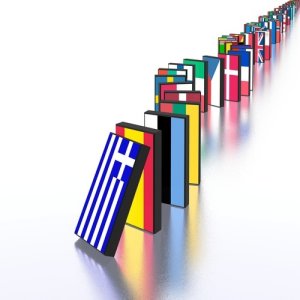Member nations of the European Union had wanted a 5% increase in budgets for the coming year but other EU states, including the UK, argued that this was a bit much especially under these times of austerity measures around the region. This amount appeared unrealistic, according to sources cited by the BBC, and finally a 2% increase in the 2012 EU budget was agreed upon.
The agreement was reached in the early morning hours on Saturday, 19 November and the British government is on record as being satisfied with what they consider to be an excellent outcome, especially for the United Kingdom. Mark Hoban, the Financial Secretary to the Treasury in Britain stated that he believes this deal stopped the EU Commission and Parliaments from “inflation busting” requests. Further, he feels that this will “freeze” the budget in the EU so that it is more realistic in these days of economic strife.
There were two different requests for budget increases submitted as the Parliament wanted a 5.2% rise whilst the Commission had asked for 4.9%. Both were shot down as the end results show and what they actually received was much lower but much more realistic.
The final increase will bring the EU budget up to £110 billion (€129 billion) but unfortunately, it appears as though the EU is not cutting their commitments on spending to correlate to this new budget. Unfortunately, this could lead to further problems and what is being referred to as a ‘black hole’ in their accounts. What doesn’t seem to make sense is that the EU member states allowed them to continue their spending commitments whilst operating on a significantly reduced budget.
Current theory is that this budget will place already financially troubled nations in further distress and create a total depletion of funds in the coming year. The main concern for other nations of the EU, as well as in the UK, is that they will then be unable to meet their financial obligations putting them even closer to being bankrupt than they currently are. All eyes are still on the growing EU debt crisis.





